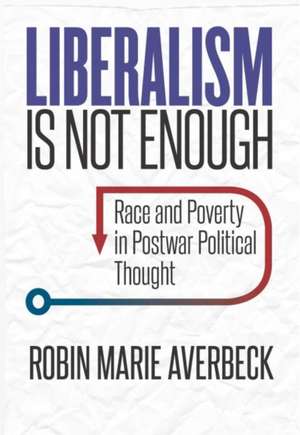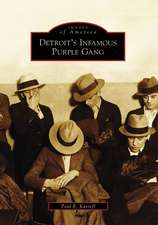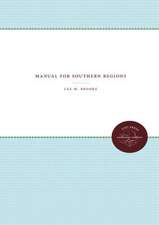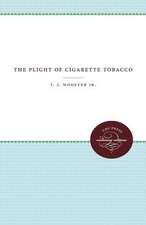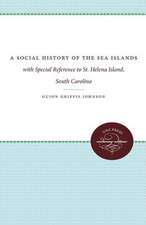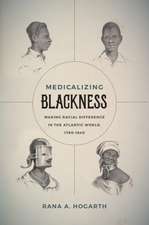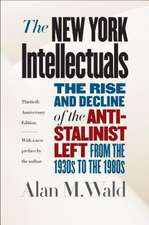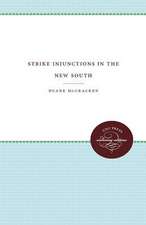Liberalism Is Not Enough
Autor Robin Marie Averbecken Limba Engleză Paperback – 12 noi 2018
In Averbeck's telling, the Great Society's most notable achievements--the Civil Rights Act and the Voting Rights Act--came only after unrelenting and unprecedented organizing by black Americans made changing the inequitable status quo politically necessary. And even so, the discourse about poverty created by liberals had inherently conservative qualities. As Liberalism Is Not Enough reveals, liberalism's historical relationship with capitalism shaped both the initial content of liberal scholarship on poverty and its ultimate usefulness to a resurgent conservative movement.
| Toate formatele și edițiile | Preț | Express |
|---|---|---|
| Paperback (1) | 196.26 lei 6-8 săpt. | |
| The University of North Carolina Press – 12 noi 2018 | 196.26 lei 6-8 săpt. | |
| Hardback (1) | 579.57 lei 6-8 săpt. | |
| The University of North Carolina Press – 12 noi 2018 | 579.57 lei 6-8 săpt. |
Preț: 196.26 lei
Nou
Puncte Express: 294
Preț estimativ în valută:
37.55€ • 39.21$ • 31.08£
37.55€ • 39.21$ • 31.08£
Carte tipărită la comandă
Livrare economică 04-18 aprilie
Preluare comenzi: 021 569.72.76
Specificații
ISBN-13: 9781469646640
ISBN-10: 1469646641
Pagini: 152
Dimensiuni: 156 x 234 x 8 mm
Greutate: 0.24 kg
Editura: The University of North Carolina Press
ISBN-10: 1469646641
Pagini: 152
Dimensiuni: 156 x 234 x 8 mm
Greutate: 0.24 kg
Editura: The University of North Carolina Press
Notă biografică
Robin Marie Averbeck is a teacher, writer, and activist in northern California. She teaches at California State University, Chico.
Descriere
This intellectual history of the fraught relationship between race and poverty in the 1960s offers a sustained critique of the fundamental assumptions that structured thought and action on the postwar American left. Robin Marie Averbeck argues that these thinkers helped construct policies that never truly attempted a serious attack on the sources of racial inequality and injustice.
